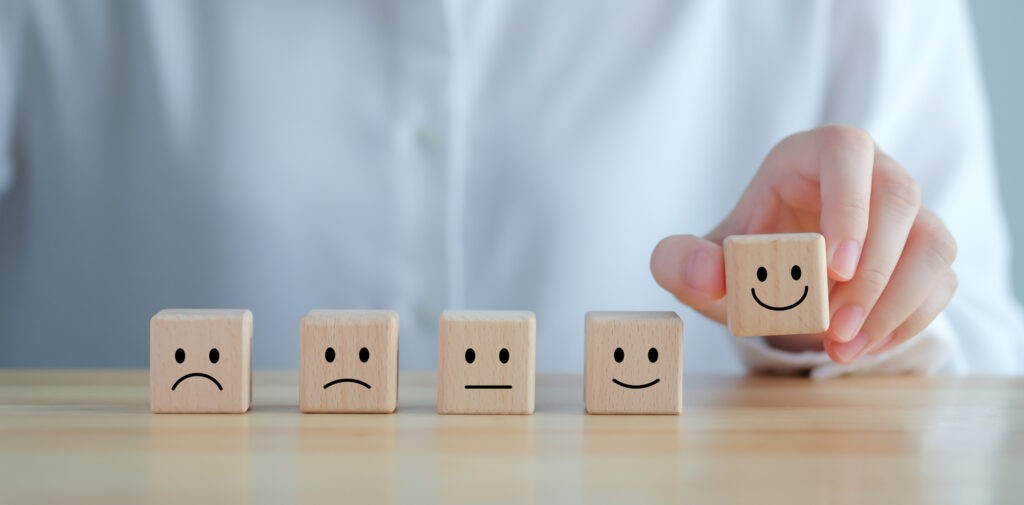Pandemic Hangover Continues to Affect Mental Health
According to the latest Sapien Labs Mental State of the World Report, Uzbekistan ranked last among 71 countries, including all other Central Asian countries (Turkmenistan was not included in the ranking). The ranking is based on the mood of residents and their outlook on life in 2023. Kazakhstan, Uzbekistan, Tajikistan and Kyrgyzstan are included for the first time. The Dominican Republic tops the list, followed by Sri Lanka, Tanzania, Panama, and Malaysia. The United Kingdom occupies the penultimate place ahead of Uzbekistan. Some poor countries in Africa and Latin America have overtaken the developed countries of Europe and the Americas on a number of indicators. Researchers have noted a trend towards depressed moods since the Covid-19 pandemic - a trend which is still going strong after more than four years. They believe that low rates of mental wellbeing in rich countries are linked to multiple factors, including smartphone addiction, fast-food consumption, the breakdown of friendships and family relationships, and the rising isolation due to working from home. Furthermore, GDP per capita figures are inversely correlated with average mental wellbeing, once again confirming the old adage that "money can't buy happiness." In 2022, the results of a study on adolescent mental health were published in Uzbekistan for the first time. UNICEF, together with partner organizations, surveyed 22,854 students in 299 schools from all 14 regions to better understand the needs of adolescents and to identify school-related factors affecting their mental health and psycho-social wellbeing. The study found that more than 10% of students do not feel socially connected to their school and feel isolated. Also, a significant number of students - 15.4% - suffer from anxiety, and another 9.8% experienced depression. Based on this data, UNICEF experts recommended improving family and friendship connections, expanding social ties, and creating a comfortable school environment for adolescents. Scientists have noted that indicators of mental wellbeing have especially decreased among young people, who are most dependent on modern technology. Meanwhile, people aged 65 and older have not seen a strong deterioration in scores since 2010. Another conclusion reached was that the level of mental wellbeing depends on the frequency in which processed foods are consumed, which affects the onset of depression and reduced emotional wellbeing. An important factor was also the disruption of intra-family relationships. According to research, 10% of young people between the ages of 18 and 24 do not get along with anyone in their family and prefer not to see them, while the analogous figure among the older generation is only three%. Weak family ties, scientists say, quadruple the likelihood of mental-health problems in adulthood.



